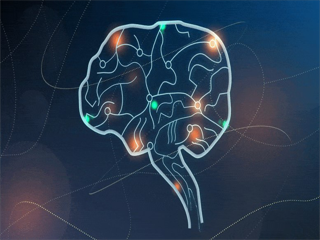A "cognitive clock" is a tool which measure’s brain health based on cognitive performance. It can be used in the future to predict the likelihood of memory and thinking problems that develops with age. . Patricia Boyle, PhD, professor in the Rush Medical College's department of behavioral sciences, a neuropsychologist at Rush Alzheimer's disease Center (RADC) and lead author of the study, informed that, dementia and other brain disorders build up slowly over time or age and acts as a leading risk factor for Alzheimer's disease, but not everybody develop dementia as they age.
It tells us more about how well a person's brain is functioning as compared to their chronological age. That way, the clock can help us identify who is at higher risk of developing cognitive decline in the future years. Development and stages of cognition is different for different people, such as for some individuals, it stays fairly stable and for others, it declines over time. The researchers believed that cognitive performance metrics could be evaluated using ”cognitive screening test” as it can distinguish people with normal cognitive aging from those who are on their way to developing memory and thinking problems that often go away. This dissertation prompted the Rush researchers to analyze data from several panel studies conducted by RADC, including the Rush Memory and Aging Project (MAP), which included people from the local community (ROS), elderly Catholic ministers from across the United States, and the Chicago Health and Aging Project (CHAP).
The cognitive clock was first developed using data from 1,057 MAP and ROS participants who began without cognitive impairment and underwent cognitive assessments annually for up to 24 years. The cognitive assessment included the Mini-Mental State Exam, a widely used cognitive function test in the elderly that measures orientation, attention, memory, language, and eyesight. In addition to the MMSE, the detailed assessments also included a structured anamnesis, neurological examinations and a series of neurocognitive tests.



